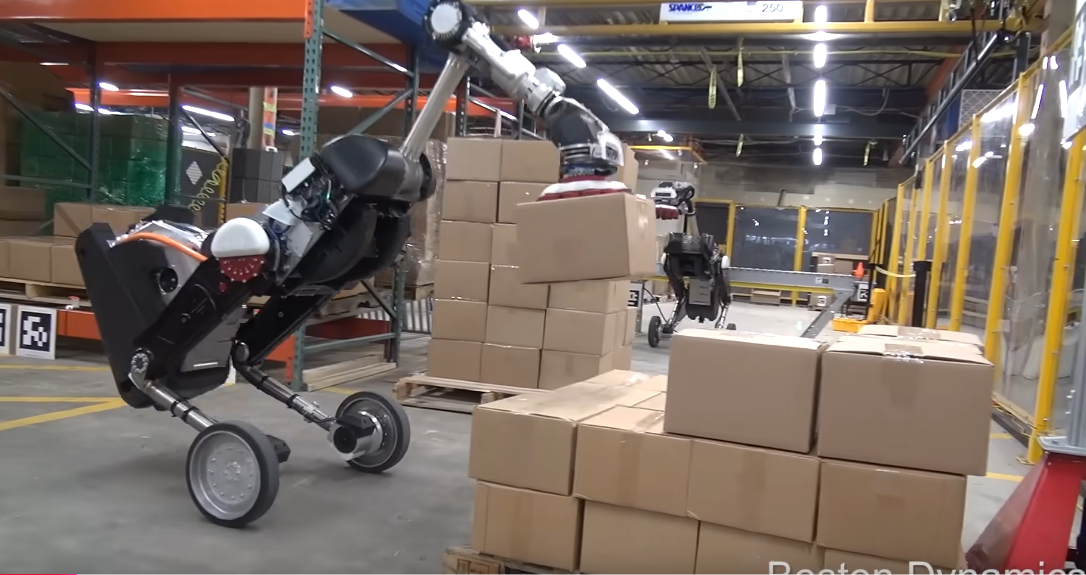

Most laws aren’t retroactive. If you do the thing before it’s illegal, then you skated by. That could very easily be the answer here, especially as most all the physical automation is barely existent. If a company deploys now, they don’t pay the tax, but they will when they upgrade models.
You’ll need to provide your definition of “physical automation” for the purposes of your argument. As it stands that is NOT clear, which is part of the quagmire of all the Automation Tax approaches.
As to code automation, same rules apply. Excel macros get by, but I would apply the tax on companies that replace white collar jobs via SaaS or other applications as their core businesses model,
What does this mean? If a company is still running on-prem MS Exchange servers for company email, then the law passes, then the company switches to Office365 for email instead, does your law hit that company with an Automation tax? If so, how would the tax be applied? Amount of spend on Office365? Amount spent on salaries of former MS Exchange administrators? How long would the tax apply? A year? Forever?
What I’m also seeing is that all encumbant companies (shielded from the automation tax because they already put automation in place) would have an advantage forever against existing companies trying to make automation changes (and being hit with the tax).
Another loophole I see is companies completely liquidating or selling to a newly formed company so that there are “no jobs lost to automation, because this company from day 1 has always used automation”.
or for that line of buisness for vendors that do a lot of things. It would have to be refined as to where you draw the line, but you could.
I don’t know what this means.
Can you give a concrete example of your Automation tax? Situation before your law goes into place, the law passing, then the Automation tax a company would pay when they make a specific change in your example?

What does the United States have to do with this? Since when is Finland part of the United States? Linus Torvalds is Finnish.